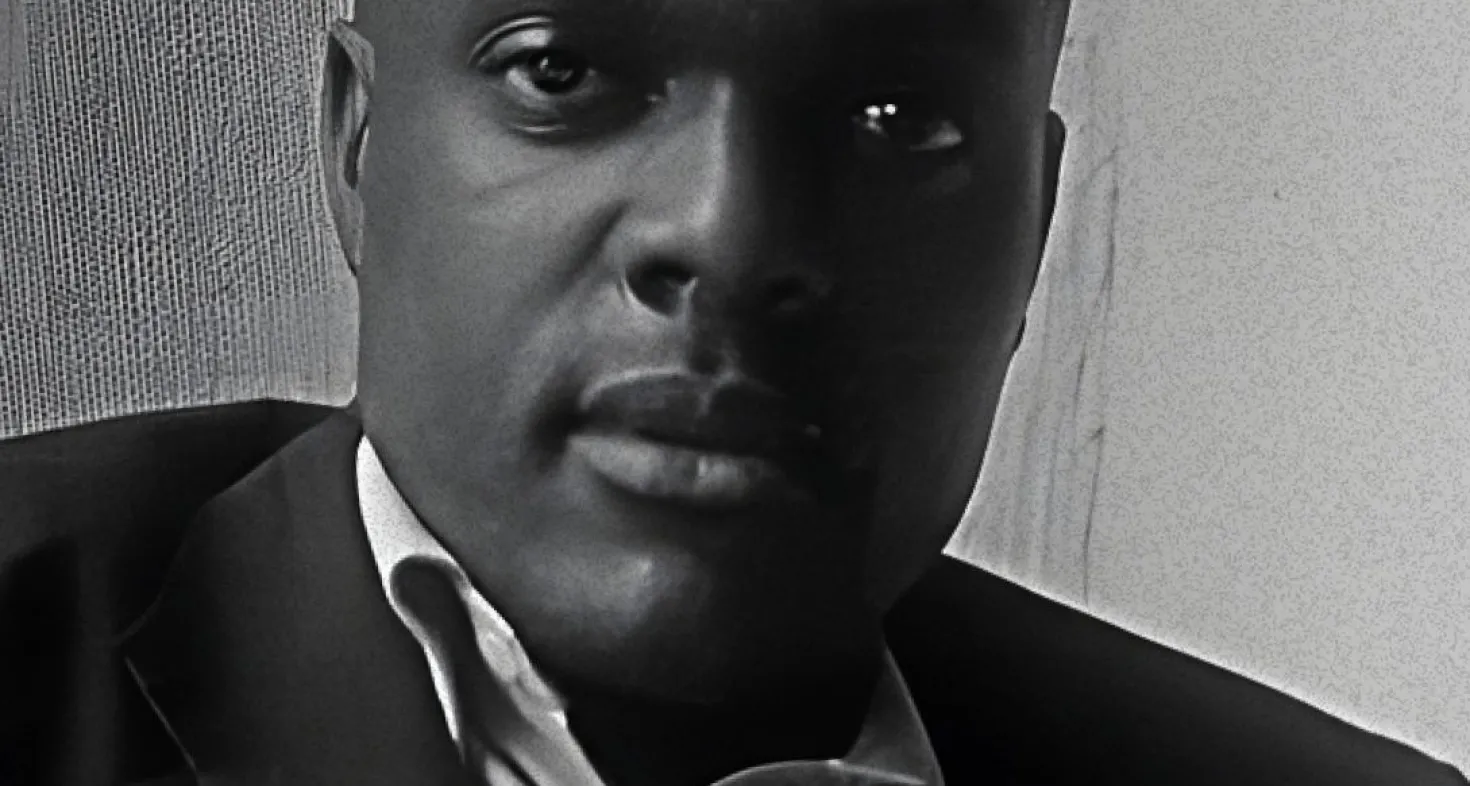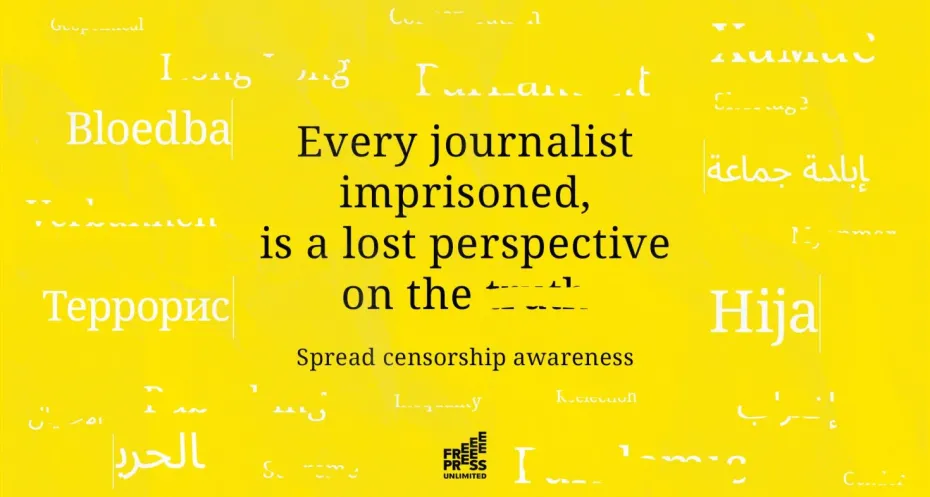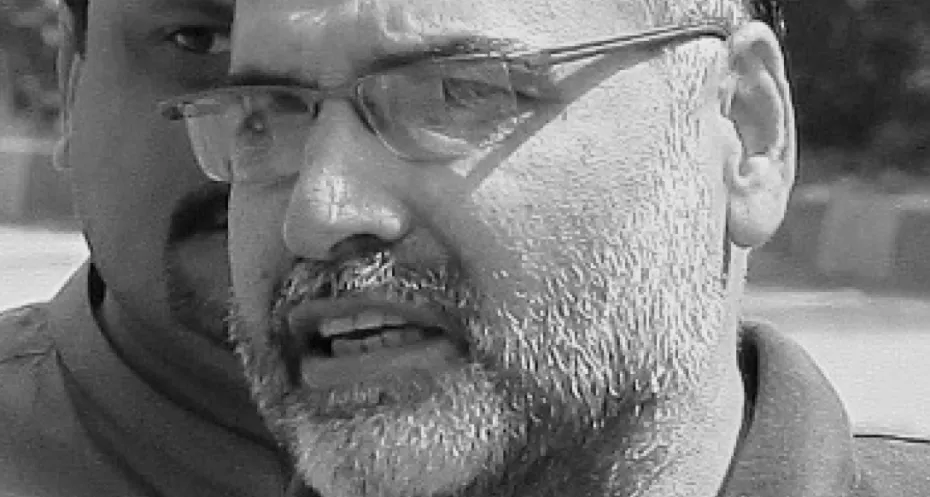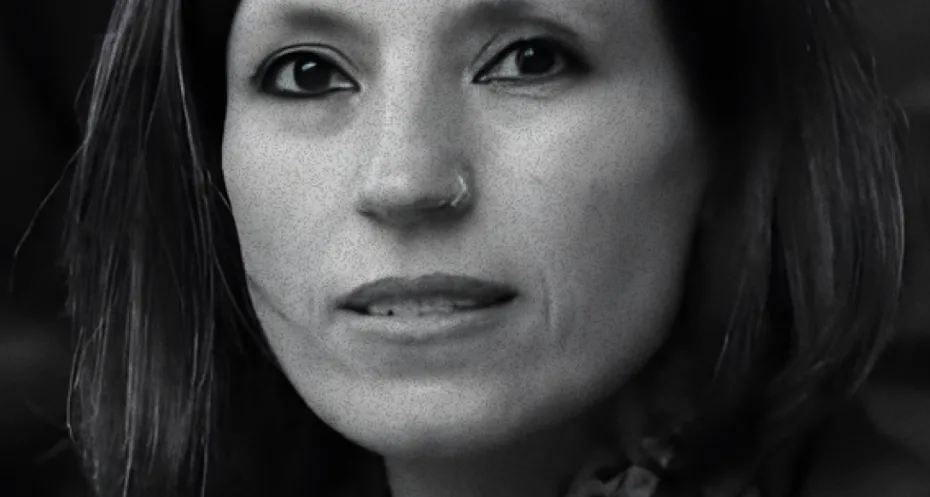
The Erased: the story of Jeffrey Moyo
Country: Zimbabwe
"Censorship sweeps vital stories under the carpet, while the world needs to know."
I was doing an in-depth investigation for The New York Times with two colleagues about villagers in rural Chilonga in Masvingo Province in Zimbabwe. They were poised for eviction by authorities who wanted to parcel out the communal land to a dairy firm that aimed to grow some special grass to feed its cattle. The authorities were apparently not happy that this story was covered as they came up with false charges, claiming my colleagues were in the country unlawfully, and therefore deported them.
After my colleagues’ deportation, I received anonymous phone calls from people who claimed to be immigration officials inviting me to meet them for some questioning. I refused because I feared being kidnapped. I was right, because I was seized from my home by three policemen in civilian clothes who claimed they were from the CID Terrorism Unit on May 26, 2021. I was charged with Zimbabwe’s Section 36 of the Immigration Act, because I allegedly helped my colleagues enter Zimbabwe illegally. This was totally false, but I was jailed immediately and denied bail. A year and a half later I was falsely convicted and slapped with a 24-months suspended sentence. In jail, I endured beatings by prison officials for no apparent reason and lived in horrible conditions.
"When I was released I felt alienated from the world outside of prison, and I felt like a complete stranger to my son."
Through my lawyers, with the support of The New York Times Company, I have appealed against both the conviction and sentencing. Now, two years after my conviction, the High Court has not yet decided on my fate. The New York Times has taken care of my legal bills, but the year I have spent going to court travelling almost 500 kilometers once or twice a month cost me a lot of money, affecting my family. It has also drained me emotionally, together with my wife and now 11-year-old son who had to witness my ordeal.
When I was released I felt alienated from the world outside of prison, and I felt like a complete stranger to my son. Prison has changed me and I don’t know if I will ever be able to function normally ever again. I have become so disconnected from other people, even my colleagues and friends, and prefer to be alone. I am doing my job with much more fear, always thinking someone is following me. I feel unsafe most of the time, but I have no choice but to endure this in my own country. I know the regime does not like me and given the chance, they might do worse things to me and my family.
Censorship sweeps vital stories under the carpet, while the world needs to know. Support in every way possible is medicine to arrested and jailed journalists. It can give them the courage to continue with their jobs even after they may be released.



